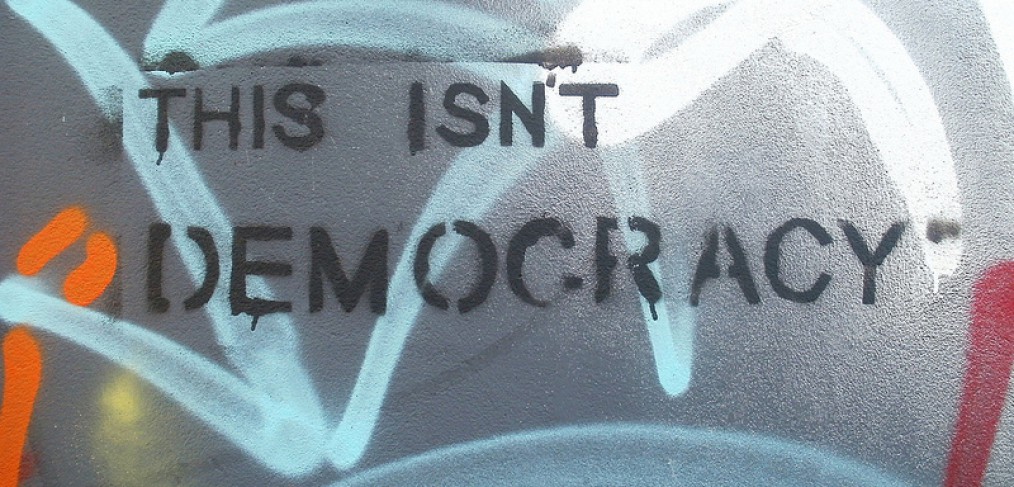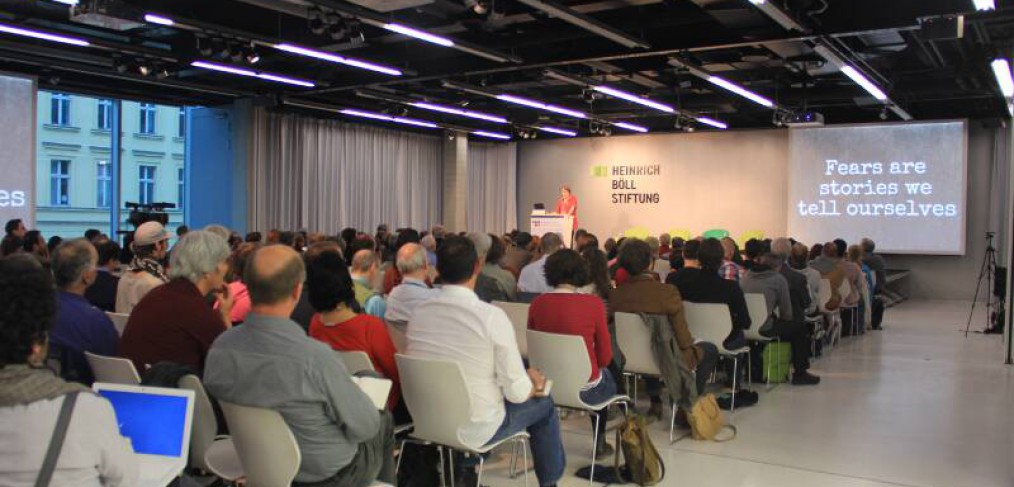In September 2014, the Commons Strategies Group convened a three-day workshop in Meissen, Germany, of 25 policy advocates and activists from a variety of different economic and social movements. Part two of two.
The P2P economy needs bridges between cooperative culture and the organizational forms that can sustain it and advance the general well-being of society.
Thus we have a paradox: the more communist the sharing license used in the peer production of free software or open hardware, the more capitalist the practice.
A detailed infographic based on Silke Helfrich’s shorthand comparison of the logic of the market and the logic of the commons (as well as their core beliefs).
In our vision, it is the integration of the economic work of peer production, outlined just above, and the broader work of social and political re-organization around commons-centric institutions, which will set the stage for a rebirth of an offensive social and political movement that will have a good chance to promote a phase transition to a commons-centric political, social and economic society.
On December 4, 2012, I gave a talk at the American Academy in Berlin as part of a six-week residential fellowship there. I focused on the commons as “a new/old paradigm of governance,” making a survey of the topic in ways familiar to readers of this blog.
As the neoliberal revolution instigated by Reagan and Thatcher in the 1980 has spread, however, Polanyi has been rediscovered.
This Commons Creating Peer Production can and must be enhanced by a larger “structural design” of protocols and infrastructures (Internet style), but certainly no “governing body”.
Behind the superficial public discussions about Bitcoin you’ll discover a software breakthrough that could change the future of commoning on open networks
While no account of a conference can be fully comprehensive, we believe that this report can serve as a useful guide to people interested in the commons as a robust, growing movement.










